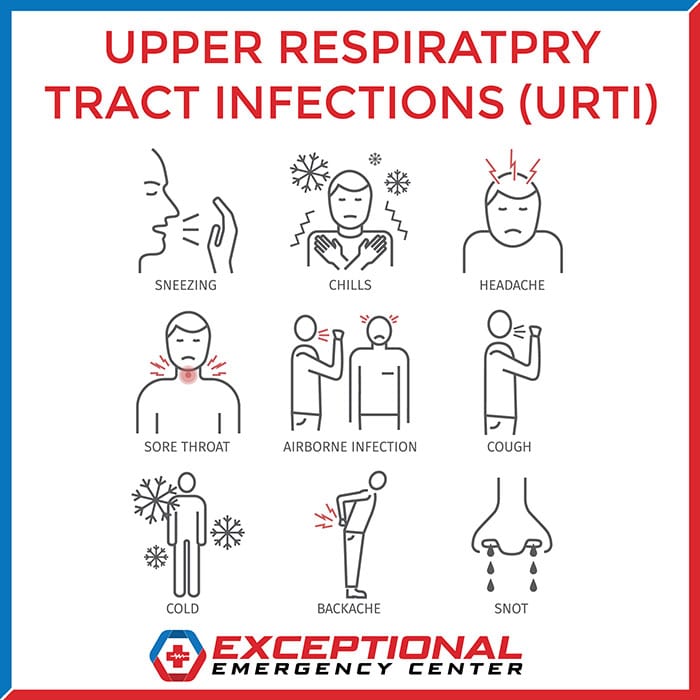What You Must Know About Upper Respiratory Tract Infections (URTI)
Here are some facts about URTI.
What is an upper respiratory tract infection?
A URTI is an infection of your upper respiratory tract. This includes your throat, nose, pharynx, larynx, sinuses, and trachea (windpipe). This upper portion of your airway is susceptible to many bacterial and viral infections that can cause a range of symptoms, with varying degrees of severity. Infections and airborne illnesses are easily spread by contact with other people and are often transferred by sneezing or coughing.
The common cold
The common cold is an infection that affects your entire upper respiratory system. A virus attaches to the lining of your nose or throat and triggers an immune response. This immune response results in congestion in the local area and leaves your body feeling generally run down as you try to fight it. Most colds are caused by the rhinovirus, but other culprits include influenza, parainfluenza, and coronavirus.
Symptoms of the common cold
- Blocked nose
- Sneezing
- Sore throat
- Dripping mucus from your nose
- Stuffy feeling
- Fatigue
Treatment options
- Lots of rest
- Extra fluids
- Decongestants or nasal sprays (medications to relieve symptoms)
- Healthy diet
- Hot soups or drinks
Many colds can last as long as 7 – 10 days. However, if your cold is severe or lasts a long time, you should see your doctor. If you also have a fever or difficulty breathing, it may be something more serious like influenza and will require medical attention. Be sure to visit Exceptional ER so we can treat your illness and get you feeling better today.



